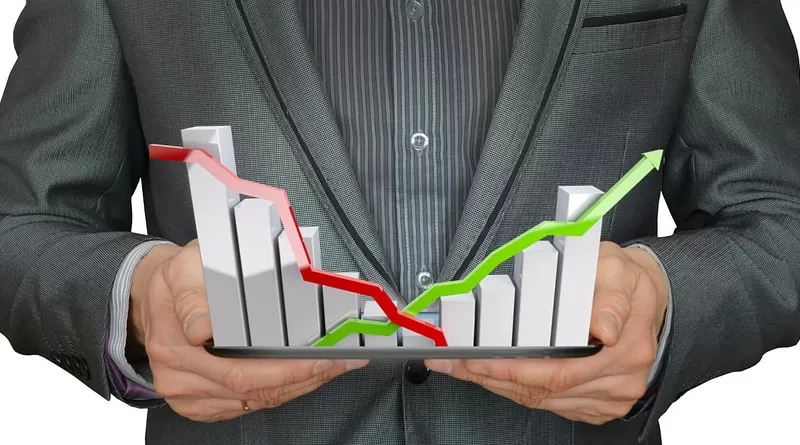World Bank Report Recognizes Importance Of Measurement Beyond GDP
The World Bank’s flagship report, The Changing Wealth of Nations, for the first time emphasises the importance of social capital to sustainability. By including the role of trust, social norms and community cohesiveness in securing a sustainable future, it represents a major advance in the international effort to go beyond GDP for the measurement of progress.
Cambridge economists Matthew Agarwala and Dimitri Zenghelis make the case in the report that social capital is an essential asset with the capacity to improve productivity and growth, and help address the challenges faced by modern society.
“Our ability to promote wellbeing in the community and to prosper economically revolves around trust, dignity, and respect. It hinges on our connection with others and with the institutional resources that support us,” says Zenghelis, Bennett Institute for Public Policy, University of Cambridge.
“The Bennett Institute’s Wealth Economy project demonstrates that social capital statistics can reveal important insights into economic performance, resilience to shocks (including war and pandemics), and where to target funds for levelling-up. The aim is to establish guidelines for standardised comparative measures for use in economic research and crucially, to hold governments’ feet to the fire. Such an effort is long overdue and the potential returns for society are hard to overstate.
“The inclusion of our research in the world’s longest running series on wealth accounting brings us one step closer to recognising social capital as an economic asset that underpins national and global wealth.”
Chapter 15 on Social Capital and the Changing Wealth of Nations by Agarwala and Zenghelis outlines several priorities for policymakers to recognise:
First, trust, networks, social interactions, and the ability to achieve outcomes requiring collective action are important determinants of social, health, and economic outcomes.
Second, the lack of a precise and universally accepted definition has undermined its measurement, valuation, and integration into mainstream economic analyses, but the UK and United States are pioneering new approaches.
Third, the fact that social capital is not directly measured in monetary terms in no way reduces its importance to economic performance. Just as it did for natural capital, the evolution from theoretical concept to consistent accounting will take decades of development and refinement.
Fourth, progress in survey penetration and the use of higher frequency data offer great potential for social capital research.
Finally, it recommends the Changing Wealth of Nations continues to examine how social capital relates to, and interacts with, wealth accounting.
“A better understanding of measuring wealth – including human, social, natural and physical capital – is important for a green, resilient, and prosperous future,” says Agarwala, Project leader for the Wealth Economy, Bennett Institute. “It’s crucial for all assets to be measured with equal importance for governments to get policies right for sustainable development.”
The World Bank’s Changing Wealth of Nations 2021 report provides data for a more comprehensive view of economic growth and sustainability. Published in late October 2021, it finds that the share of total global wealth in renewable natural capital is decreasing and threatened by climate change. Also that global wealth has grown overall but at the expense of future prosperity and by exacerbating inequalities.
Countries that deplete natural resources in favour of short-term gains are putting their economies on an unsustainable development path. While indicators such as Gross Domestic Product (GDP) are traditionally used to measure economic growth, the report argues measuring changes in natural, human, social and produced capital offers deeper insight into the extent to which growth is sustainable.
The report tracks the wealth of 146 countries between 1995 and 2018, by measuring the economic value of renewable natural capital (such as forests, cropland, and ocean resources), non-renewable natural capital (such as minerals and fossil fuels), human capital (earnings over a person’s lifetime), produced capital (such as buildings and infrastructure), and net foreign assets. As well as social capital, the report accounts for blue natural capital—in the form of mangroves and ocean fisheries— for the first time.

